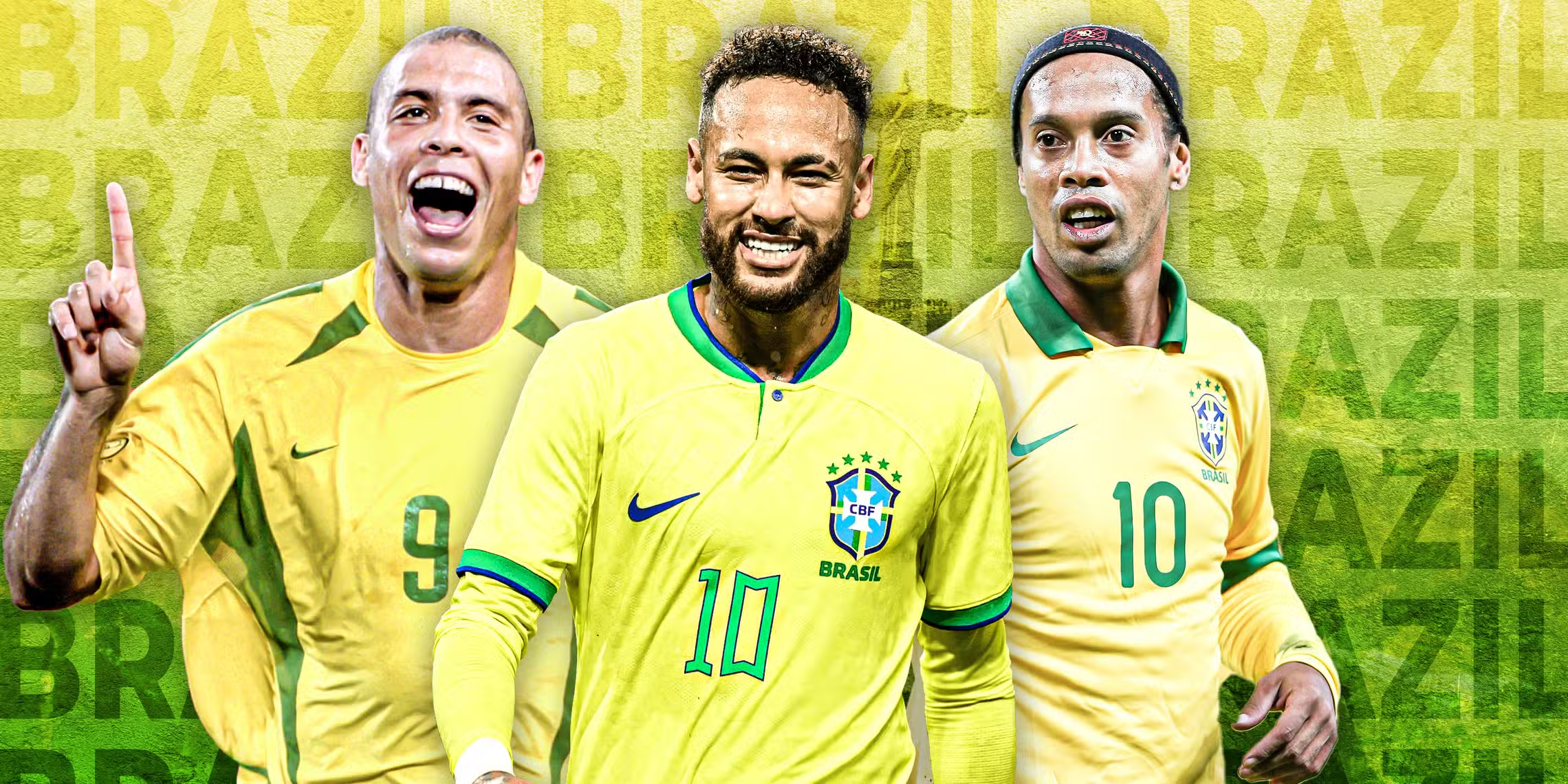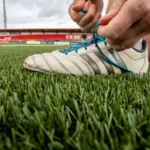Many footballers dream of playing like the legends of Brazil — with flair, creativity, and effortless control. But most struggle to understand how a single nation continues to produce such gifted players generation after generation. Suppose you’re a coach, young player, or fan wondering what sets Brazil apart. In that case, this article will explain the roots of Brazilian football development, the unique environment that shapes these stars, and how the country’s culture turns raw talent into world-class skill.
The Cultural Obsession: Football as Brazil’s Daily Language
Football in Brazil isn’t just a sport — it’s a daily ritual. Kids grow up with a ball at their feet from the moment they can walk. Streets, beaches, alleys, and even living rooms become mini-pitches where creativity flourishes.
Unlike structured academies in Europe, Brazilian kids often play “pelada” — informal street football that values expression and improvisation over tactics. These settings teach players to rely on instinct, develop close control, and take risks — all of which are essential traits of a skilled footballer.
Because football is deeply woven into daily life, children absorb its rhythm naturally. There’s no need to “teach flair” — they live it.
Futsal: The Hidden Training Ground
One of Brazil’s most powerful development tools is futsal — a smaller, indoor version of football played with a heavier ball and fewer players. It’s fast, tight, and technical — forcing quick decisions and tight control in confined spaces.
Many Brazilian greats — including Pelé, Ronaldinho, Neymar, and Coutinho — credit futsal for developing their sharp footwork and rapid thinking. The game teaches players to stay composed under pressure, use both feet, and master short passing and dribbling.
Futsal is embedded in youth development across Brazil. Unlike many countries where kids jump straight into full-field play, Brazilian football development uses futsal to build technique before size or strength.
Poverty, Passion, and Purpose: A Triple Driver
Brazil’s economic disparities, ironically, contribute to its footballing magic. For many kids growing up in favelas (urban slums), football becomes more than a game — it’s a lifeline, a way out. This environment breeds hunger, ambition, and creativity.
With limited access to fancy gear or structured coaching, children improvise — using rolled-up socks, plastic bottles, or makeshift balls. These challenges build mental toughness, adaptability, and raw instinct.
This unfiltered style of play, born from resilience and passion, is the foundation of Brazilian football development. It’s why players from humble backgrounds often rise to become global superstars.
Youth Academies with a Street Football Soul
Despite the strong informal culture, Brazil also has one of the most successful youth academy systems in the world. But unlike rigid European structures, Brazilian academies combine technical training with creativity-focused drills that mimic street football environments.
Clubs like Santos FC, São Paulo FC, and Flamengo have consistently produced world-class talents by focusing on individual skill development, small-sided games, and expressive play. Players are encouraged to take on defenders, experiment with tricks, and keep the ball moving — all while learning discipline and teamwork.
The key difference? Coaches don’t suppress flair. Instead, they refine it. Brazilian football development blends the freedom of the street with the structure of modern coaching.
Role Models That Inspire the Next Generation
In Brazil, football legends aren’t just historical figures — they’re household names, neighborhood heroes, and proof that greatness is possible. From Pelé to Zico, from Ronaldo to Ronaldinho, and now Neymar — each generation has a superstar who represents not just skill, but identity.
Kids idolize these players and imitate their every move. Joga bonito (“play beautifully”) isn’t just a phrase — it’s a standard. The cultural expectation to entertain and express runs deep.
Because these role models often come from similar humble beginnings, they feel relatable. Young players believe that if their heroes made it, so can they. This mindset creates a powerful cycle of inspiration and determination that fuels Brazil’s footballing engine.
Coaching Philosophy: Freedom First, Structure Second
Brazilian coaching isn’t obsessed with formation or rigid positioning at early stages. Instead, coaches focus on ball control, one-on-one situations, and improvisation. Players learn how to dance with the ball before they’re taught to march in formation.
Even at professional levels, coaches often allow attacking players more room for expression. This balance between discipline and spontaneity allows Brazilian footballers to maintain their natural flair while still understanding the demands of team play.
Unlike systems where creativity is sometimes sacrificed for tactical precision, Brazilian football development treats creativity as a non-negotiable strength.
Frequently Asked Questions (FAQs)
What makes Brazilian footballers so skilled?
Their skill is a result of a unique mix: daily street football, early exposure to futsal, strong role models, creative coaching, and a deep-rooted football culture that encourages flair and individuality.
Is futsal really that important in Brazilian football development?
Yes, futsal is a game-changer. It forces players to improve ball control, decision-making, and quick passing in tight spaces — all of which translate directly to the 11-a-side game.
Do Brazilian kids receive formal coaching early on?
Some do, but most begin playing informally — in streets, parks, and schoolyards. Formal training typically starts around age 8–10, but even then, coaches prioritize creativity over rigid tactics.
How do Brazilian academies differ from European ones?
Brazilian academies focus more on individual skill and improvisation. Players are encouraged to try things, express themselves, and take risks — even if they make mistakes.
Can players outside Brazil follow the same development path?
Absolutely. While you may not live in Brazil, you can adopt similar methods: play futsal, train in tight spaces, practice with freedom, and focus on ball mastery every day.










